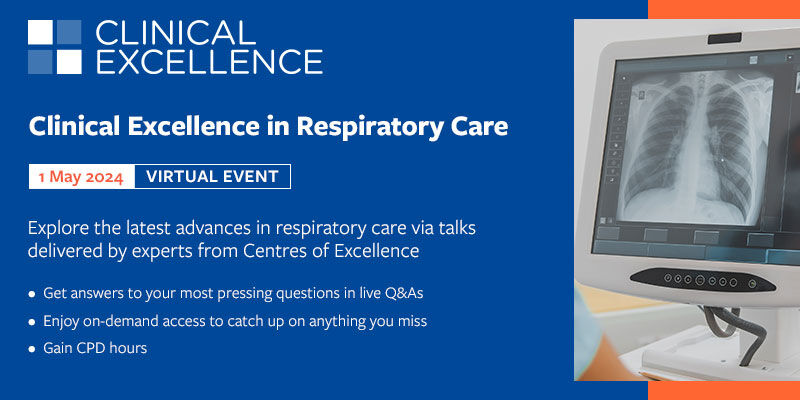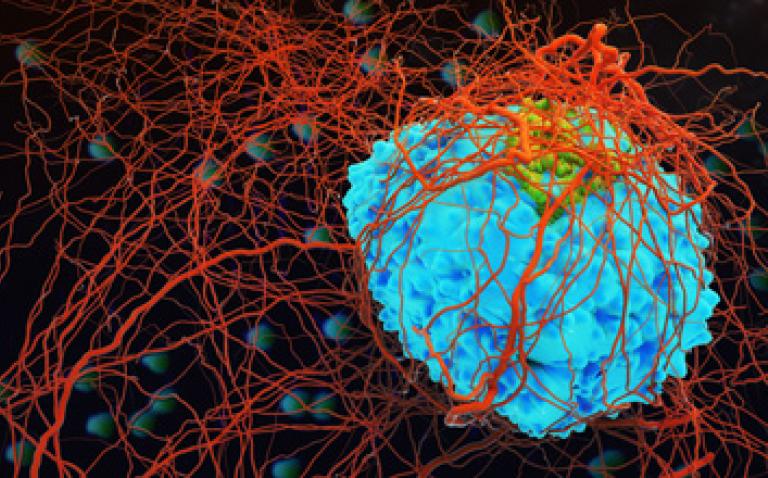Eli Lilly and Company announced today that the European Commission has granted marketing authorisation (MA) for Verzenios® (abemaciclib) for the treatment of women with hormone receptor-positive (HR+), epidermal growth factor receptor 2 negative (HER2-) locally advanced or metastatic breast cancer, in combination with an aromatase inhibitor (AI) or fulvestrant as initial endocrine-based therapy, or in women who have received prior endocrine therapy.1
Abemaciclibis an oral CDK4 and CDK6 inhibitor, a class of medicines which target and interrupt the cycle of cell growth and suppress the growth of tumours. The MA announcement follows the positive Committee for Medicinal Products for Human Use (CHMP) opinion published in July 2018.2
“Despite advancements in medicine, metastatic or advanced breast cancer remains a difficult-to-treat, diverse disease with a range of characteristics that can present differently in each individual,” said Dr Arash Tahbaz, Senior Medical Director, Eli Lilly and Company UK and Northern Europe. “This marketing authorisation recognises the potential clinical benefit abemaciclib offers and represents continued progress towards helping more people living with this devastating disease.”
The MA is based on the efficacy and safety demonstrated in the global MONARCH 2 and MONARCH 3 clinical trials. MONARCH 2 was a Phase 3, randomized, double blind, placebo-controlled trial evaluating abemaciclib in combination with fulvestrant that enrolled 669 patients with HR+, HER2- metastatic breast cancer who progressed while on endocrine therapy (16.4 months vs 9.3 months with placebo plus fulvestrant, HR: 0.553; 95% CI: 0.449-0.681,P<.0001).

In MONARCH 2, abemaciclib dosed orally starting at 150 mg twice daily on a continuous schedule plus fulvestrant demonstrated a greater than 16-month median progression-free survival (PFS) in patients who progressed on endocrine therapy (16.4 months vs 9.3 months with placebo plus fulvestrant, HR: 0.553; 95% CI: 0.449-0.681, P<.0001P <<. <.0.001).3
MONARCH 3 was a Phase 3, randomized, double-blind, placebo-controlled trial evaluating abemaciclib in combination with an AI as initial endocrine-based therapy that enrolled 493 postmenopausal women with HR+, HER2- advanced breast cancer who had no prior systemic treatment for advanced disease.
In patients who received neoadjuvant/adjuvant endocrine therapy, a disease-free interval of more than 12 months since completion of endocrine therapy was required.4
In MONARCH 3, abemaciclib dosed orally at 150 mg twice daily on a continuous schedule with an AI demonstrated a greater than 28-month median PFS in patients who received initial endocrine-based therapy for metastatic disease(28.2 months [95% CI: 23.5-NR] vs 14.8 months [95% CI: 11.2-19.2] with placebo plus an AI [HR: 0.54; 95% CI: 0.418-0.698, P <0.001])5
The most commonly occurring adverse reactions observed with abemaciclib are diarrhoea, infections, neutropenia, anaemia, fatigue, nausea, vomiting and decreased appetite.









